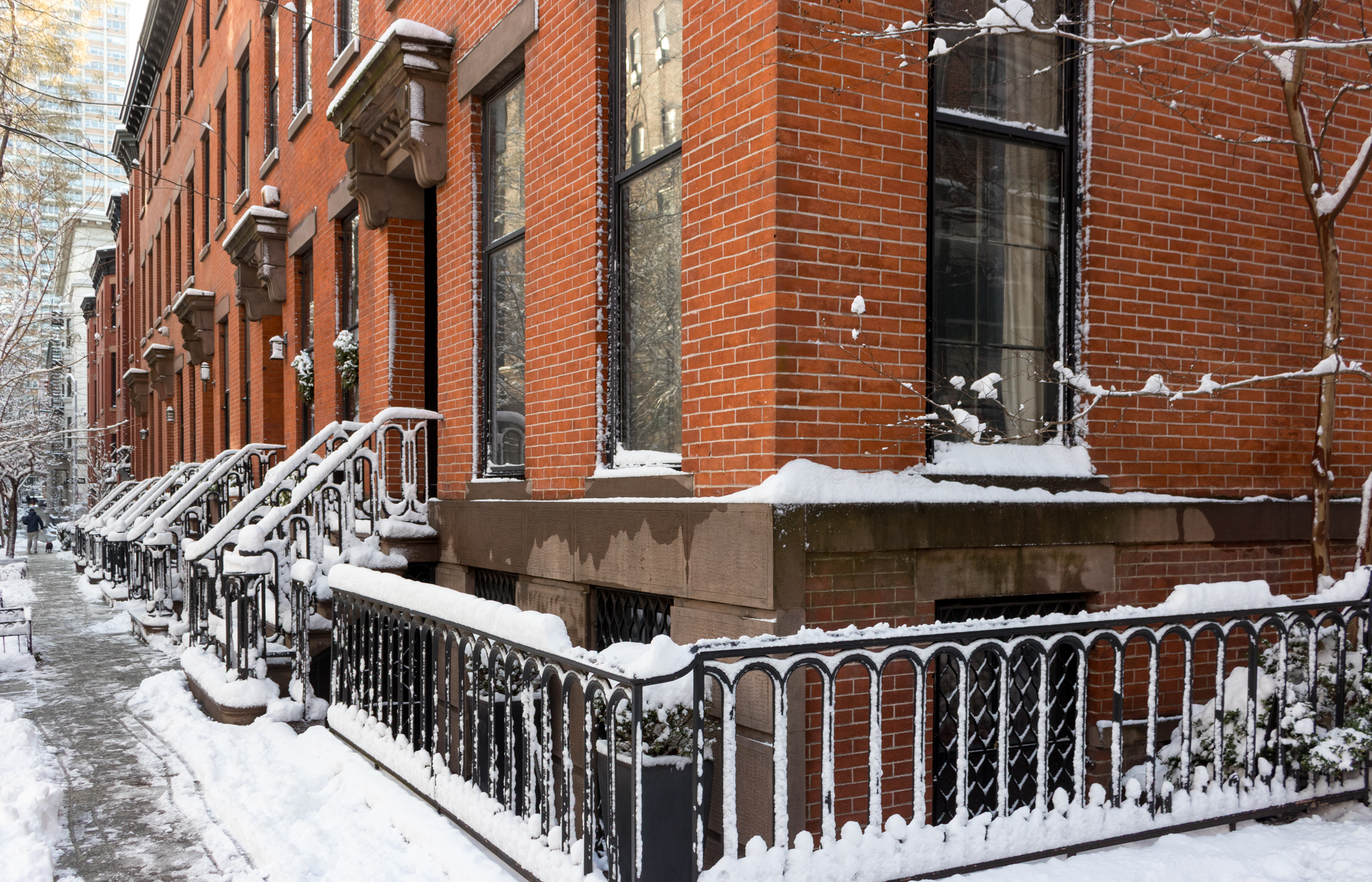Housing Rescue Plan: For Some or For All?
Vague reports about the Obama administration’s plan in the works to help people in danger of losing their houses are starting to surface. Whether it ends up with the government subsidizing monthly payments or modifying the loans themselves, the big question, it seems to us, is whether the ultimate solution should address only those in…

 Vague reports about the Obama administration’s plan in the works to help people in danger of losing their houses are starting to surface. Whether it ends up with the government subsidizing monthly payments or modifying the loans themselves, the big question, it seems to us, is whether the ultimate solution should address only those in immediate trouble or be an across-the-board relief measure. On the one hand, even if you’ve been playing by the rules and aren’t directly benefiting from a homeowner bailout, it’s still in the interest of your own property value to see fewer foreclosures and empty houses in your neighborhood; on the other hand, why should only the irresponsible and the unlucky get hand-outs? Tough stuff.
Vague reports about the Obama administration’s plan in the works to help people in danger of losing their houses are starting to surface. Whether it ends up with the government subsidizing monthly payments or modifying the loans themselves, the big question, it seems to us, is whether the ultimate solution should address only those in immediate trouble or be an across-the-board relief measure. On the one hand, even if you’ve been playing by the rules and aren’t directly benefiting from a homeowner bailout, it’s still in the interest of your own property value to see fewer foreclosures and empty houses in your neighborhood; on the other hand, why should only the irresponsible and the unlucky get hand-outs? Tough stuff.





Wasder pay no heed to cornerbooger. He used “white” as an epithet on DIBS yesterday. He’s in the same class as winelover, he’s been excommunicated.
I think there’s a pretty clear division between “people who represent themselves honestly” and “people who are hiding behind internet anonymity”
I’d hope I fall into the former group, considering I use my own name as a login. 😛
Wasder,
Don’t worry there are many of us that recognize and appreciate you for it!
BHO: since I was out of town yesterday and couldn’t respond to your comically inadequate indictments of your character (or lack thereof) here are my responses…
“Man up. This is life on earth. You bought into the hype of the MARB. Deal with it. Then learn from it.”
I bought a house and home office and I am glad I did. I am a good neighbor and member of my community. I have put my money where my mouth is, unlike you. It is so easy to sit here and shit on everybody. I am surprised you still find it amusing. Try doing something with your life.
Posted by: wasder at February 13, 2009 12:26 PM
“You are a two-faced poseur.”
We all are. It’s a blog.
I’m not. I have put myself out here honestly and told people about the process of buying my house. It is hard to be honest sometimes, and I expressed my concerns and my hopes etc honestly and featured pictures on this blog. That is being oneself, something you could learn a bit about. Sitting on a blog and pretending to be something you are not does not make you tough. It makes you pathetic.
Posted by: wasder at February 13, 2009 12:29 PM
house prices and unemployment are interlinked – in fact the whole global economy is interlinked.
people don’t buy houses => construction workers laid off => not buying new cars => autoworkers laid off => don’t eat out at restaurants => waiters get laid off => etc, etc.
The whole edifice is crumbling and there’s no way that any of you can armchair quarterback the solution to this one.
George Packer’s New Yorker article about the FL situation is eye-opening. Fascinating really. The Florida secretaries were flipping houses, not buying houses just outside their comfort zone. Buying houses just outside your range does not cause a financial collapse.
I hate to say this, but people were speculating. This is about small-time speculators and big-time speculators alike. They were buying newly built homes in developments. They weren’t investing. They were not buying homes that they were going to live in for the remainder of their days. Cause if they were? Prices dropping would not be an issue.
(and the guy in the article who lost everything? he went out and bought a hummer)
I’m not sure if the article is online, but video is: (but the article is really worth reading)
http://www.newyorker.com/online/blogs/tny/2009/02/packer-florida.html?xrail
Question to you all ..
Who is going to buy that house that you suggest they sell and at what price will it go for?
If the mortgage on the home is higher than the sale price, which in many parts of the country it most likely is, those losses must be “eaten” by the banks that have the mortgage on their books or by the investors in the collateralized crappolla that the banks passed off as AAA rated by S&P.
Though I agree that market forces should be allowed to play themselves out here, if we really let that happen, the result will be a huge black hole of deflation, market collapse (real estate and securities) and long-term negative/no/very slow growth. Not something I want to deal with. I am as thrifty as they come, but I don’t want to shoulder the consequences of that burden.
Nationalize the banks, write off their bad debts, fire their executives, fold the insolvent banks into the relatively healthy ones and sell them off. A painful move but one that Japan and Sweden – and the US during the S&L crisis of the 80’s – know to be the best option.
As for the mortgages, reset all underperforming mortgages to a low fixed rate. If the homeowner still can’t make the payments, let the market play itself out from there as those people are ion over their heads and must get out.
To add to my original thought…
This would create less foreclosed homes on the market which would also help homeowners who “did the right thing” not lose as much equity on their homes. It also wouldn’t serve as a direct handout, allowing people to stay in homes that they clearly can’t afford. They would have to move to something they could reasonable afford.
“So by that logic, the early 1980’s, when unemployment was over 10%, should have been a period of massive foreclosures. In fact, however, there was no foreclosure crisis back then.”
There is no logic to it Benson. It is what it is. Once again, the lady that just left my desk can’t pay her mortgage because she lost her job. Tell her that the current crisis has nothing to do with unemployment.
“Back then, of course, the national savings rate was much higher. Perhaps back then, folks did save for a rainy day, and lived within their means.”
I was in high school in the 1980’s so I didn’t pay much attention to who was saving what. I know that it was easier to save and families were able to get by on one income. Even further back my grandparents didn’t need a mortgage to buy their house in 1940’s. They paid cash and they were far from wealthy. It was a different world back then.